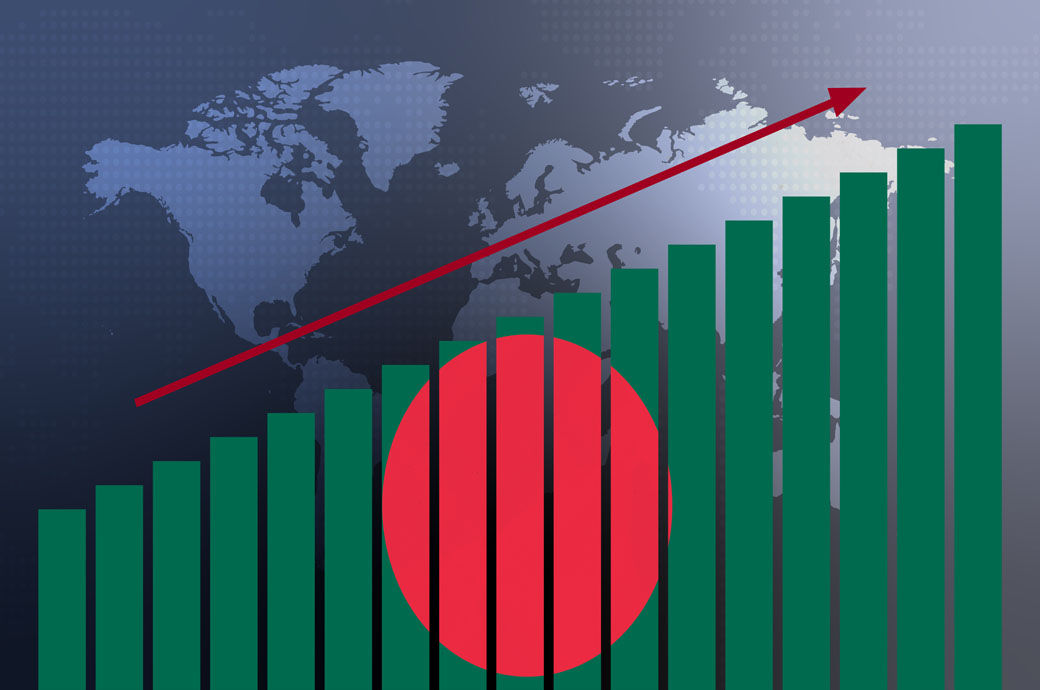
Inflation in the country is anticipated to remain around 11 per cent year on year (annual average) in FY25 before declining to 5 per cent in FY26, supported by tighter policies and easing supply pressures, it noted.
“However, the outlook remains highly uncertain, with risks skewed to the downside,” the IMF said in a release after an IMF team led by Chris Papageorgiou visited Dhaka recently to discuss economic and financial policies in the context of the third review of the IMF-supported Extended Credit Facility (ECF), Extended Fund Facility (EFF) and Resilience and Sustainability Facility (RSF).
Bangladesh’s FY25 real GDP growth is projected to slow to 3.8 per cent due to output losses caused by the last uprising, floods and tighter policies, but is likely to rebound to 6.7 per cent in FY26 as policies relax, the IMF said.
FY25 inflation is likely to be around 11 per cent YoY (annual average) before falling to 5 per cent in FY26, backed by tighter policies and easing supply pressures.
As the country’s economy continues to grapple with persistent challenges and is facing emerging external financing needs, its authorities requested an augmentation of IMF financial assistance worth $750 million to maintain macroeconomic stability and strengthen the country’s resilience to external shocks.
This increase would bring the total financial assistance under the ECF and EFF arrangements to about $4 billion, alongside concurrent RSF arrangements of $1.3 billion.
Upon completion of the third review, $645 million will be made available, comprising $426 million under the ECF and EFF, and $219 million under the RSF.
“The timely formation of an interim government has fostered a gradual return to economic normalcy. However, economic activity has slowed significantly, and inflation remains elevated. Capital outflows, particularly from the banking sector, have pressured foreign exchange reserves. Additionally, tax revenues have declined, while spending pressures have increased. These challenges are further exacerbated by stress in parts of the financial sector,” Papageorgiou said in the release.
“Bangladesh’s low tax-to-GDP ratio calls for urgent tax reforms to establish a fairer, more transparent system and sustainably increase revenue, focusing on rationalising exemptions, improving compliance, and separating tax policy from administration. A comprehensive strategy is also needed to curb subsidy spending and address arrears in the electricity and fertiliser sectors,” he added.
Fibre2Fashion News Desk (DS)






